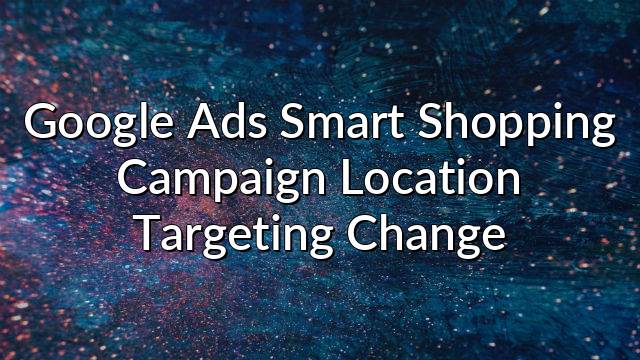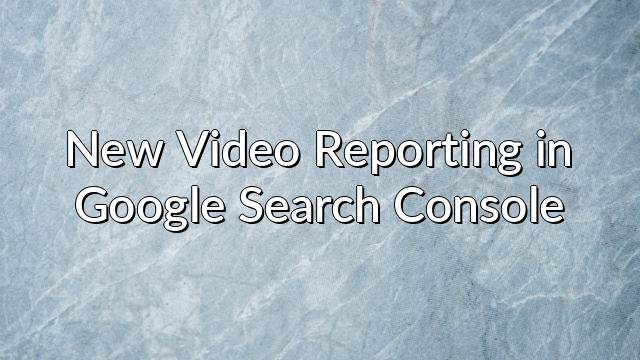Episode Highlights
- Part attack on Firefox’s broad cookie blocking tech
- Part future-proofing user tracking to keep the web world spinning
- A new set of standards which they are trying to convince the web to follow to both ensure privacy and protect commerce and thus, the free web.
- Large scale cookie blocking makes the web not free. Pubs can’t make money, they can’t pub, etc. Websites are free because of ads, period
- Makes marketers turn to fingerprinting and other non permission-based tracking methods
Transcript
Rick: Good morning and happy Friday. Welcome to the Learn Digital Advertising Daily News. I’m your host Rick.
Juan: Welcome back, guys. I’m Juan Liriano.
Rick: We have a goal today of… What’s our goal?
Juan: To remind you guys that if you like what we’re presenting you every day with the news content, please subscribe. Let us know how you like the content and hopefully, you’ll enjoy today’s show.
Rick: Yes. What if they don’t like the content, Juan?
Juan: Let us know.
Rick: Let us know.
Juan: Let us know that you don’t like it in the comments below.
Rick: Just troll us.
Juan: Yes.
Rick: Troll us. Pretend this is Reddit and give us your honest opinion. All right. Let’s get right in.
Juan: All right.
Rick: We’re going to start off the episode today with a couple of privacy issues and how they’re going to affect marketing. One with Google, one with Facebook. Juan maybe take it away on the Google privacy
Juan: Yeah, so they just released a statement pretty much, talking about the privacy concerns lately. Recently Firefox had had this ban all cookie approach pretty much. It’s almost like not a fair approach at it. It affects the web, so pretty much the whole point of it is to future proof the impacts of the web by creating a standard, a set of standards that all browsers and users of the web can appreciate. There’s a lot there.
Rick: There is. Privacy is a big debate that’s ongoing no matter what sector of the web it is or the world. But it’s interesting and it’s good to see Google get behind at least, you know, there’s something formal here other than just a, “Hey, we’re going to reach out and we’re going to start figuring out what the standards should be.” There was a soft attack on Firefox and their recent change there, but at the end of the day, the argument is this. One, the web doesn’t exist without ads because the content is free because of the ads. We need to maintain an environment where publishers are incentivized to publish, and by removing cookies, it makes publishers much less able to sell ad space, advertisers much less motivated to advertise because the profitability goes down and all these other reasons.
Rick: There’s basically benefits to this outside of, just to keep the ecosystem functioning the way it does. Now what Google wants to say is, “Yes, we agree that privacy is very important, but how do we do it and keep this healthy ecosystem in place where people can produce content and share information, without everything being a popup pay now to read this article kind of landscape?”
Juan: The whole prohibit all approach just leads to the invention of newer tactics to be able to track people. What’s happening is there’s this whole thing happening with fingerprinting, that they’re able to collect information that’s outside of cookies and it’s permanent, and there’s no way for to know if you’re being fingerprinted or not. It’s kind of like prohibition, was my best understanding of this.
Rick: Absolutely.
Juan: You prohibit, and what’s going to happen is people are going to figure out ways to make it work.
Resource
More Recent News
Internet Marketing News June 6th, 2020
Today's internet marketing news segments feature the Today's Business team and topics including: Facebook Venue Facebook Collab Facebook Messenger Rooms Facebook Shops [...]
Google Ads Smart Shopping Campaign Location Targeting Change
Google recently announce (via email to advertisers) a chance to SMAART shopping campaigns. In short, there's a new setting to adjust to [...]
New Video Reporting in Google Search Console
Google recently rolled-out a few new reports in Google Search Console which focus on video in the SERPs (both standard and video) [...]



